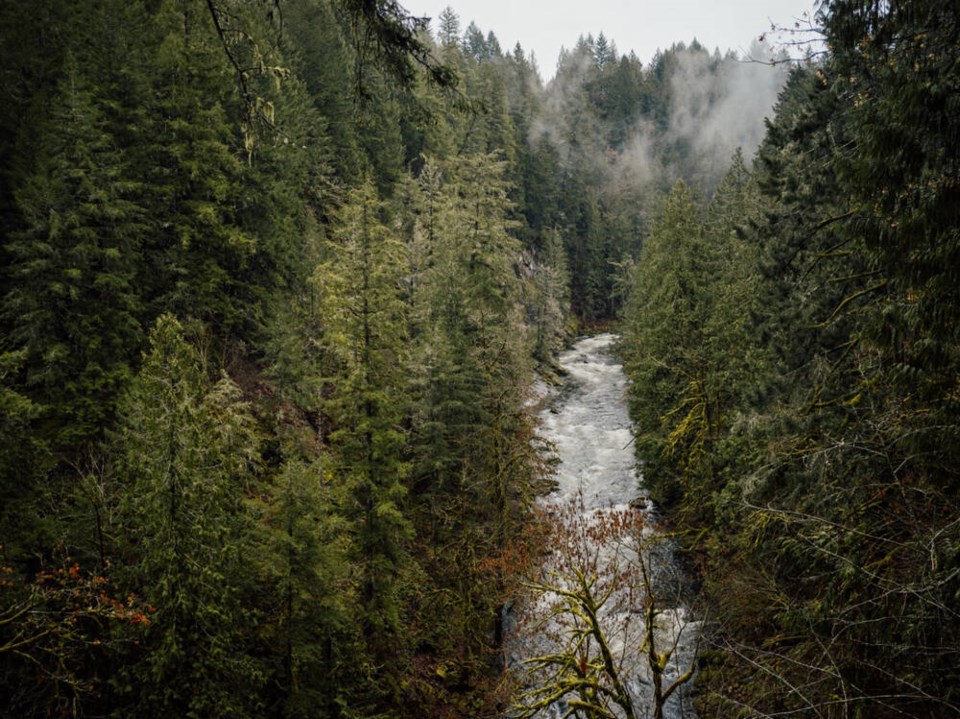In light of extreme weather events and rapid climate change, the province on Tuesday launched the Watershed Security Strategy and Fund to protect ecosystems and support communities with access to clean water.
George Heyman, minister of environment and climate change strategy, released a discussion paper for feedback on key themes of the plan, including governance, climate change, ecosystems and sources of drinking water, as well as community and economic stability.
The strategy is being developed with Indigenous Peoples and in collaboration with other levels of government.
“Climate change and cumulative human impacts are threatening the health of the watersheds we depend on for clean drinking water, growing our food, habitat for aquatic species and healthy local economies,” said Heyman.
“We need to ensure healthy watersheds for strong communities and ecological health, so we are collaborating with Indigenous Peoples and all British Columbians to build a legacy of healthy rivers, lakes, streams and aquifers for our children and grandchildren.”
A discussion paper has been developed that outlines key strategic themes for safeguarding B.C.’s watersheds and builds on the work many communities are already doing to protect and restore their local watersheds.
Oliver Brandes, co-director of the University of Victoria’s POLIS Project on Ecological Governance, said watershed security is a common theme that links the top issues of today and is about more than environmental problems.
“Watershed security includes reconciliation, health and economic imperatives,” he said. “Without watershed security, the costs of climate and flood impacts grow, droughts endure, wildfires intensify, salmon die, forests fail, soil is lost, food cannot grow, local economies falter and conflict mounts.”
The strategy will align with several government commitments, including development of coastal and wild salmon strategies, work on clean drinking water, modernized land-use planning and adapting to climate preparedness.
The deadline for public comment on the discussion paper is March 18 at 4 p.m. There will also be direct engagement with key stakeholders and partners, as well as local and federal governments.
Feedback will inform a draft strategy to be released in the fall, with additional opportunity for input following its release. The province expects to release the final strategy in 2023.
People are invited to provide input about the ideas and options presented in the discussion paper.
The discussion paper cn be found at engage.gov.bc.ca/watershedsecurity.



